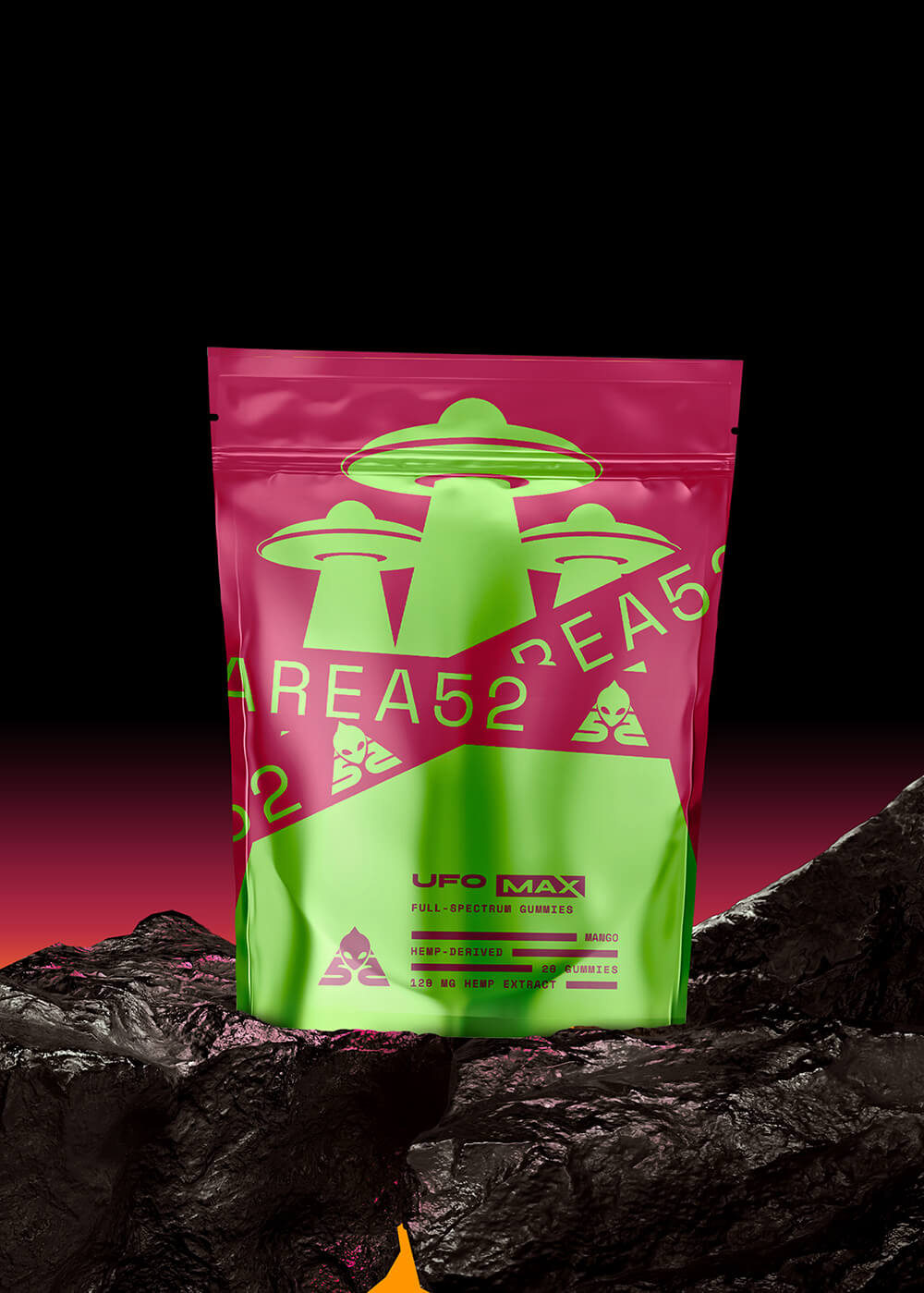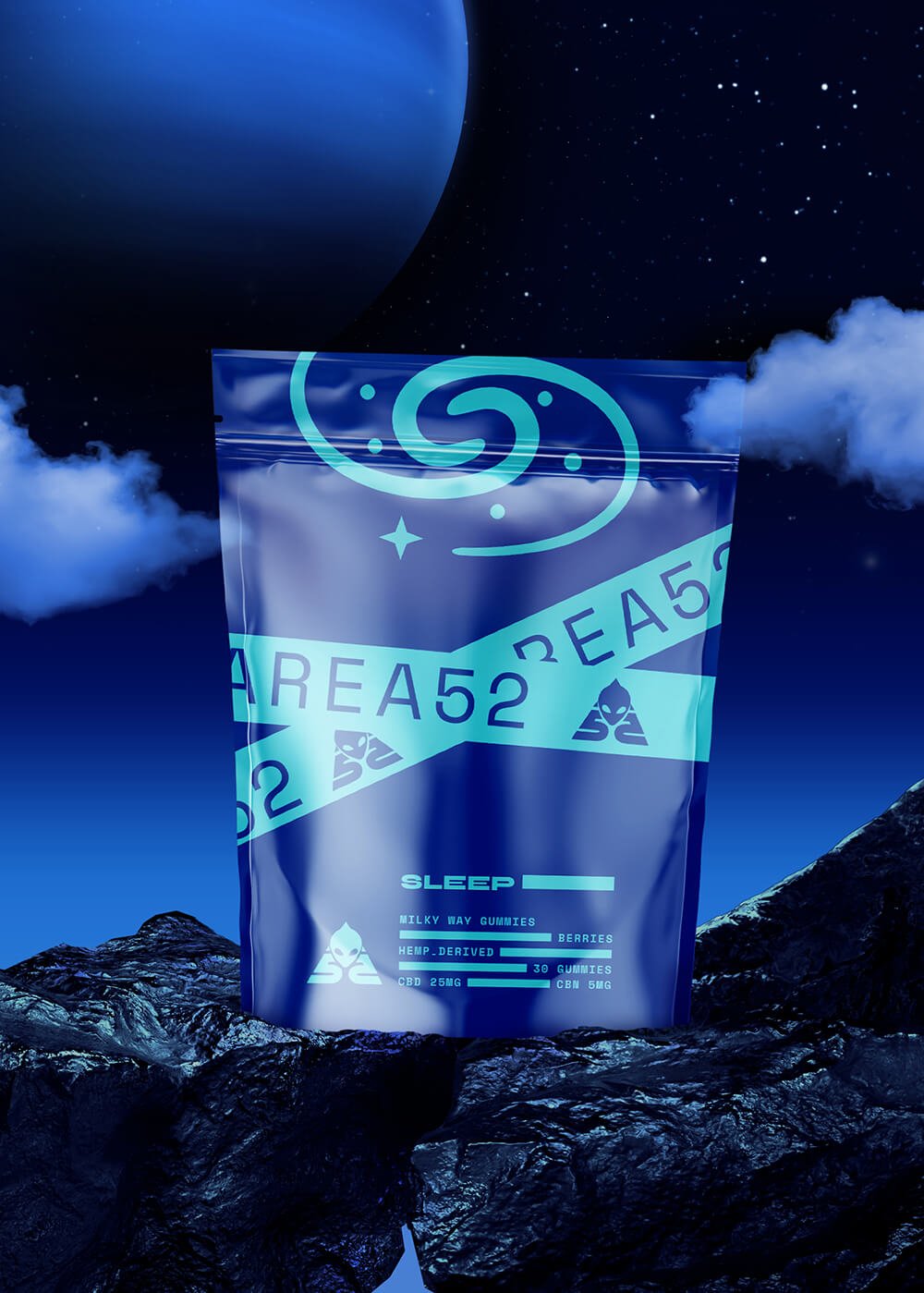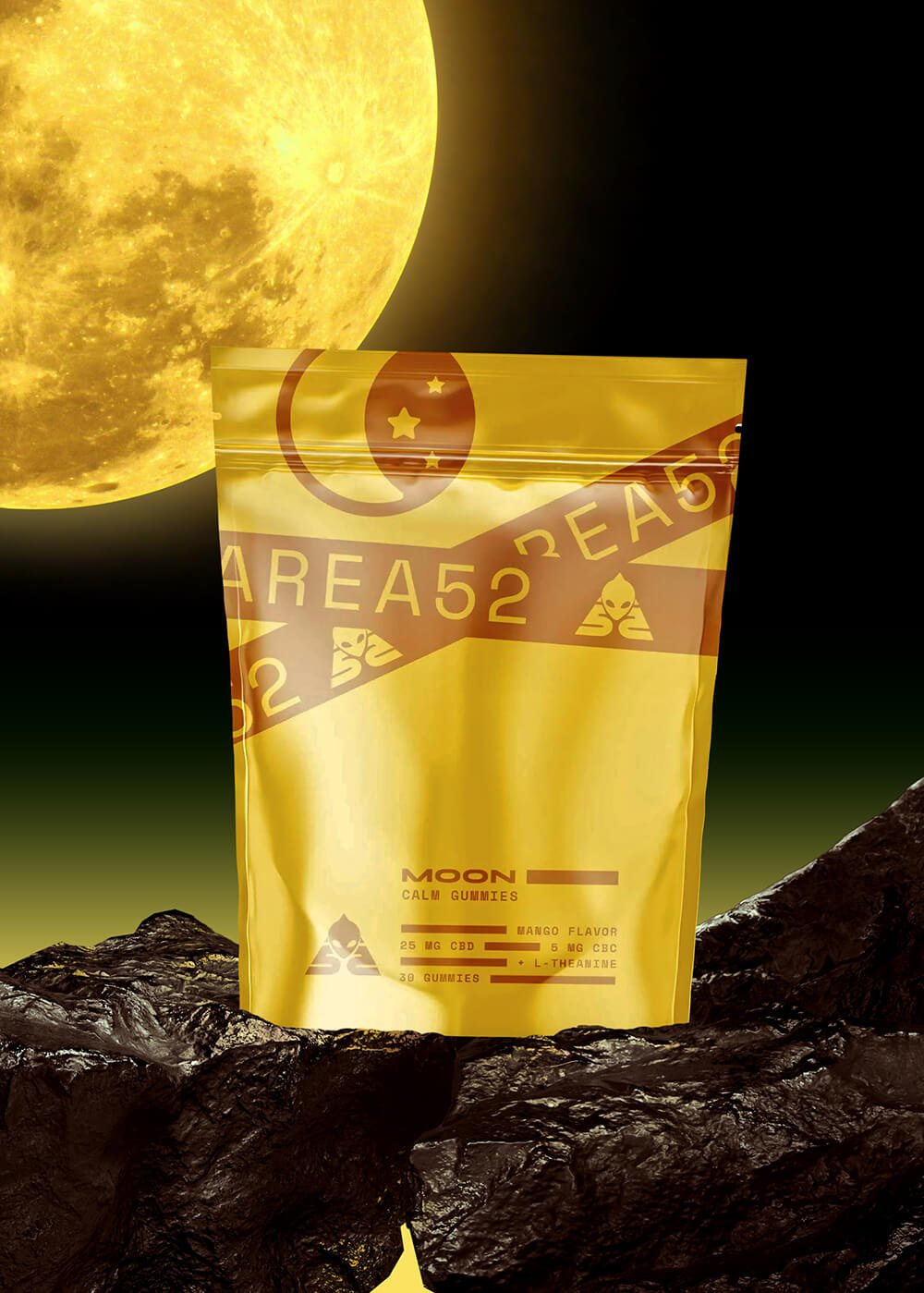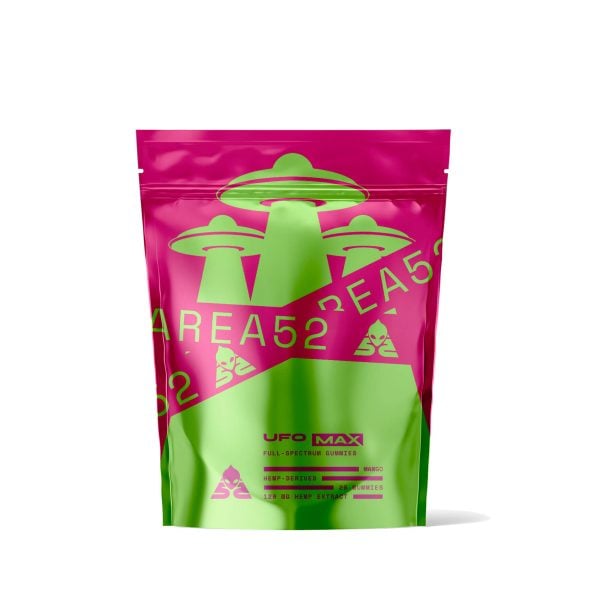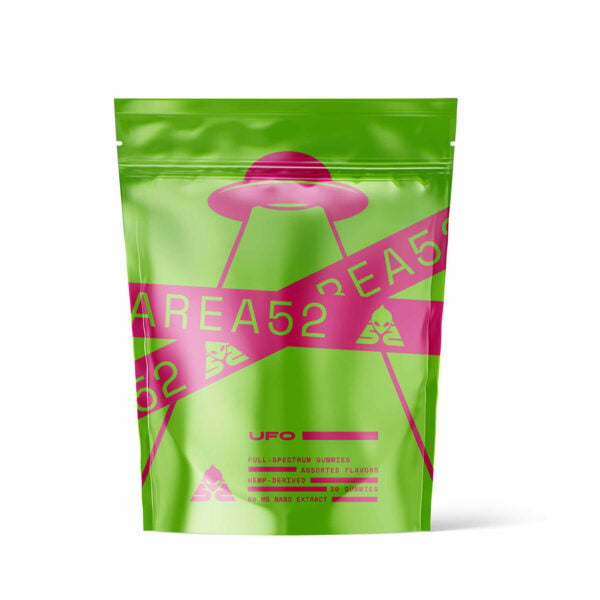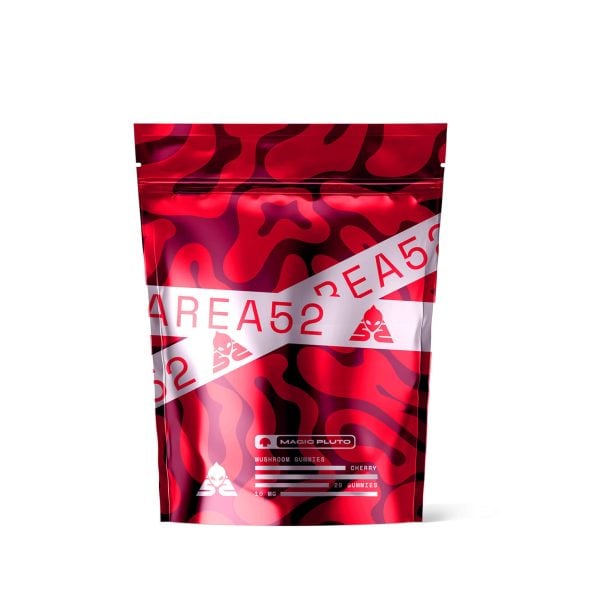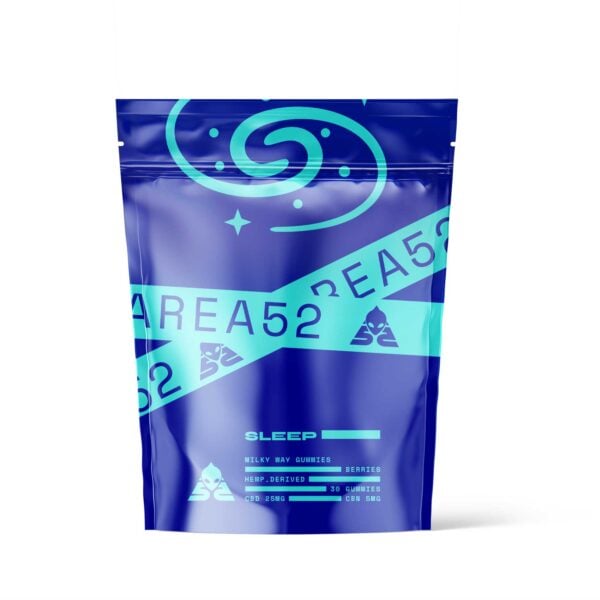What is THCP (Tetrahydrocannabiphorol)? Uses & Benefits
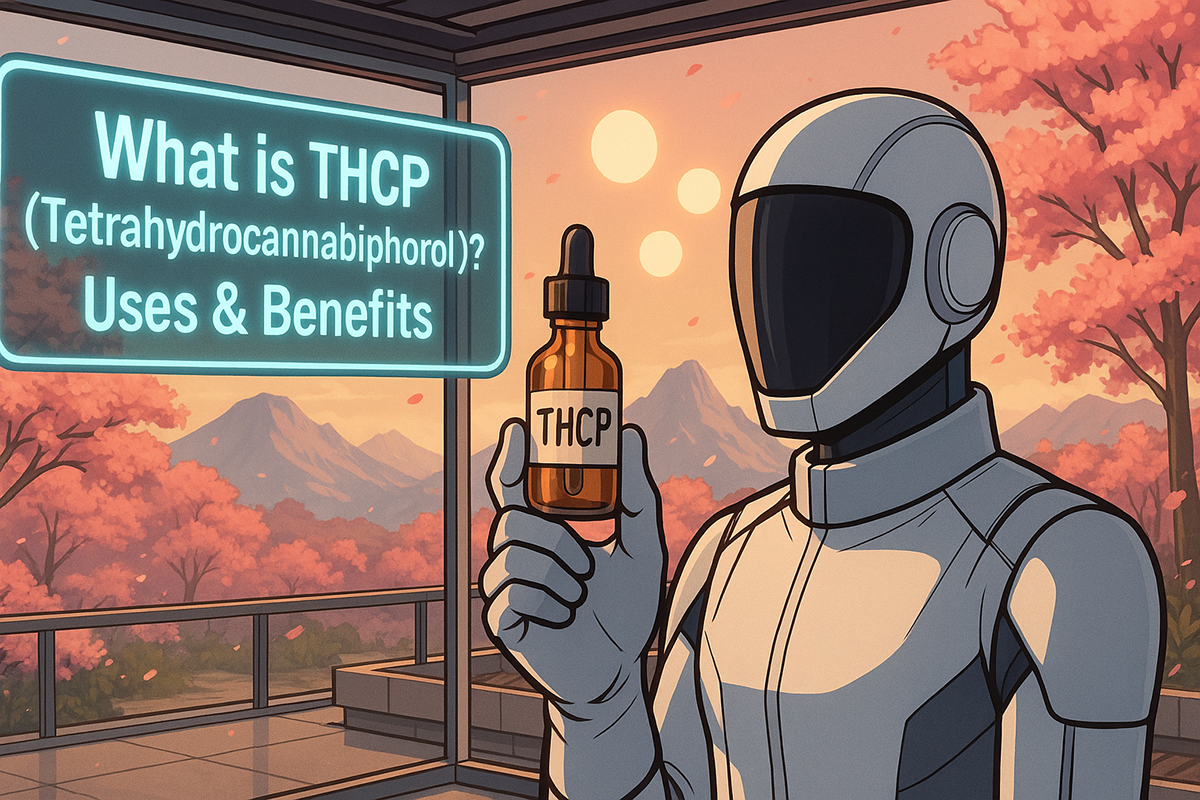
By now, you’re probably familiar with delta 9 THC — the primary psychoactive ingredient in marijuana.
You may also be aware of delta 8 and delta 10 THC. They are two slightly different molecules with similar psychoactive effects.
But did you know there are actually dozens of cannabis compounds with THC-like structures in the cannabis plant? Some are far more potent than others, and THCP stands out as potentially the strongest.
In this article, we’re going to cover the strongest member of the THC class — THCP — a cannabinoid with more than 30 times the potency of conventional delta 9 THC from marijuana.
What is THCP?
THCP stands for tetrahydrocannabiphorol. Scientists stumbled upon THCP during ongoing cannabis research — a result of improved analytical methods that revealed these unusual homologous cannabinoids. It was discovered as recently as 2019, so there hasn’t been much (if any) official research on its effects quite yet. The only ongoing research we do have has been exploring its safety and potency using animal and in vitro cell cultures.
Here’s what we know so far.
THCP is a naturally occurring cannabinoid in Cannabis sativa inflorescence — albeit in very low concentrations. It can be extracted and isolated from hemp and marijuana using chromatography techniques.
This cannabinoid appears to bind to the CB1 receptors 33 times more often than delta 9 THC. Activation of the CB1 endocannabinoid receptors is what gives THC and THCP their psychoactive effects.
Is THCP Natural?
Yes! THCP occurs naturally. THCP is one of the 140 phytocannabinoids found in cannabis.
However, natural levels of THCP are well below 0.1 percent. Some plants, such as the Italian-bred FM2 strain, contain almost 0.1% THCP.
For comparison, THC can be found in concentrations of 25%-30% in marijuana and around 0.3% or less in hemp.
CBD is usually present in concentrations between 20% and 30% in hemp and around 15% in marijuana.
How Is THCP Made?
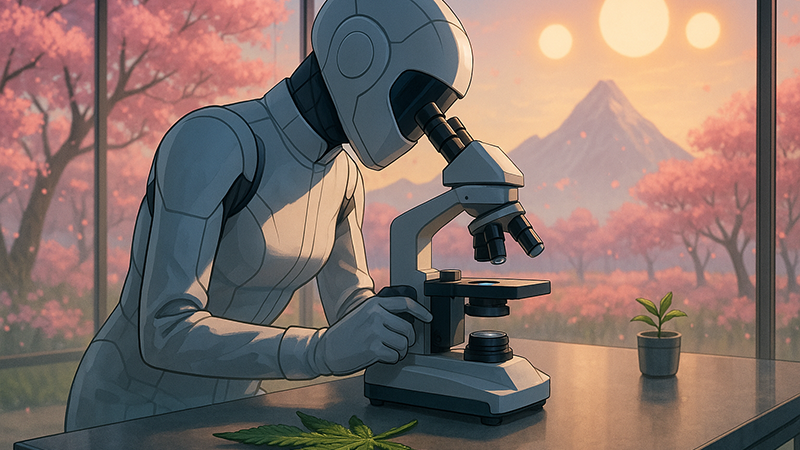
Because of the extremely low concentration of THCP in cannabis, researchers need to recreate THCP artificially in order to study it further.
The first paper reporting THCP extraction from a cannabis plant wasn’t published until 2019 and was later adapted to develop the manufacturing process that’s used today.
CBD is used as the starting material to make THCP — which means it can be effectively derived from hemp.
How Cannabis Plants Make THCP
Virtually all cannabinoids in cannabis and hemp plants, including THC, CBD, and THCP, begin their life as cannabigerolic acid (CBGA).
Without turning this article into a chemistry lecture, suffice it to say that CBGA undergoes an enzymatic reaction with other acidic compounds in cannabis to create a precursor molecule for THCP called tetrahydrocannabiphorolic acid (THCPA).
THCPA is then slowly converted to THCP by the cannabis or hemp plant through a process called decarboxylation.
Is THCP Legal?
Delta 9 THC is the only cannabinoid scheduled by the Convention on Psychotropic Substances, meaning that THCP is internationally legal. THCP’s legality is slightly different In the United States, where it is legal as long as it is derived from hemp plants and not marijuana plants.
Learn More: Hemp Plants vs. Marijuana Plants
However, it’s not always that clear-cut — especially when it comes to cannabis. Each state has the ability to form its own laws regarding cannabis, so while THCP may technically be legal on a federal level, it could be subject to independent state laws.
Currently, THCP is not mentioned on any state bill but is illegal in states that ban all forms of THC.
States where THCP is most likely illegal:
- Alaska
- Arizona
- Arkansas
- Colorado
- Delaware
- Hawaii
- Idaho
- Illinois
- Iowa
- Kentucky
- Louisiana
- Maryland
- Massachusetts
- Michigan
- Mississippi
- Montana
- Nevada
- New York
- North Carolina
- North Dakota
- Oregon
- Rhode Island
- Utah
- Vermont
- Washington
As marijuana legalization continues at the state level in the United States, rules and regulations are subject to change.
The 2018 Farm Bill is the relevant legislation to consult for information about the federal legalization of cannabis and hemp-derived cannabinoids [1].
You’ll have to check with your state’s legislature for more detailed information at the state level, as each state has its own laws regulating THC as well as analogs like THCP.
THCP vs. THC: What’s the Difference?
THC and THCP share nearly identical chemical structures with one crucial difference: the length of their alkyl side chain.
THC’s chain is a five-carbon atom chain, while THCP’s has seven carbon atoms.
Besides being an interesting piece of trivia, this structural difference makes THCP significantly more biologically active. THCP’s longer side-chain gives it 30 times higher bonding activity at cannabinoid type one (CB1) receptors, making it potentially 30 times more potent than THC.
What Are The Effects of THCP?
Many THCP users describe the effects as a more pronounced version of THC. It’s stronger (almost psychedelic), so you need a smaller dose to experience the same general effects as THC.
Current research about the effects of THCP is scarce, but people who have tried THCP report that its effects are virtually indistinguishable from THC’s effects.
Even though THCP and THC may share many benefits, there is one key difference.
THCP is 30 times more biologically active than THC and, therefore, also has proportionally stronger effects. This means the dose of THCP and THC are going to be very different.
Current research about the effects of THCP is scarce, but people in the cannabis community who have tried THCP report that its effects are virtually indistinguishable from THC’s effects. There’s also a therapeutic potential that needs to be studied.
How Does THCP Work?
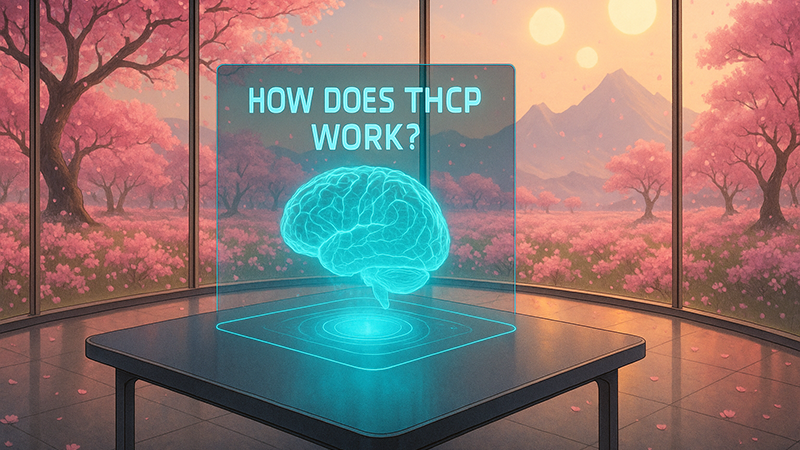
THCP works by interacting with your body’s endocannabinoid system. The endocannabinoid primarily has two kinds of receptors: cannabinoid receptor type one (CB1) and cannabinoid type 2 (CB2) receptors. CB1 and CB2 receptors behave differently and create different effects.
CB1 receptors are located in the nervous system and are responsible for the psychoactive properties of THC and THCP.
Like THC, THCP is a strong CB1 agonist, meaning THCP binds with the receptor and causes an effect.
How Do You Take THCP?
Right now, there are relatively few THCP products available, but you can expect this to change in the near future.
THCP can be used the same way as any other cannabinoid. It can be vaped, smoked, eaten, taken sublingually, or even applied to the skin.
Most companies that are selling this cannabinoid right now sell it in the form of a replaceable vape cart.
Does Area 52 Sell THCP?
Not yet, but we will be in the near future.
We’re waiting for the testing standardization process to be perfected before we carry this cannabinoid.
Until the process of testing THCP is perfected, we can’t be confident about the purity of these products. THCP products have a high chance of contamination and require the use of harsh chemicals to produce.
Does THCP Get You High?
Yes. THCP is highly psychoactive.
THCP seems to have an almost identical effect profile to THC, according to many people who have reported trying THCP [2].
While there is little scientific evidence supporting THCP’s medical benefits or psychoactive capabilities, anecdotal reports are unequivocal: THCP produces a similar psychotropic experience to THC.
Why Is THCP So Potent & Who Uses It?
THCP interacts strongly with the human body’s endocannabinoid system due to its elongated side chain. While it may yield potential therapeutic benefits for certain conditions, higher potency can be a double-edged sword: the risk of going overboard is real.
Users typically seeking THCP might be advanced consumers exploring the frontier of cannabis industry innovations or individuals grappling with intense discomfort who find regular THC insufficient. However, federal law and local regulations matter — THCP can be legal if derived from hemp and if it doesn’t breach the 0.3% delta 9 limit. But these legal grey areas often shift quickly, so stay informed.
THCP Dosage Tips
Since THCP compared to typical THC can be 10–30 times stronger, starting small is paramount. For instance, if you’re accustomed to 10 mg of delta 9 THC, you may only need 1 mg or less of THCP. Overestimating can lead to adverse reactions.
How Does THCP Compare to Other Cannabinoids?
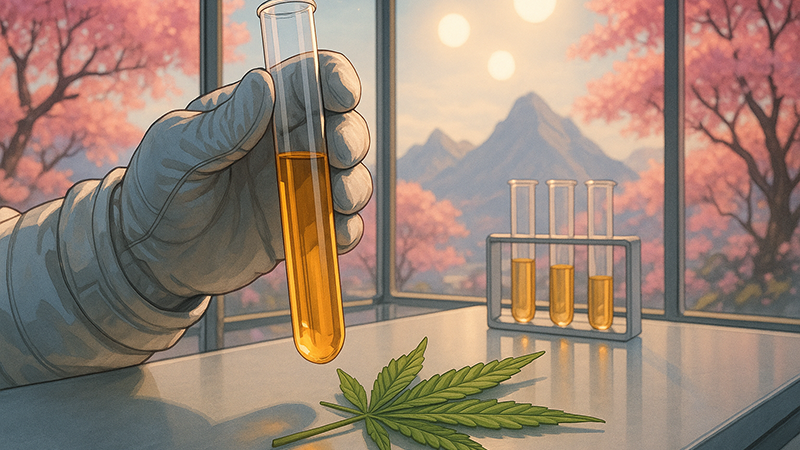
THCP vs. Delta 8 THC
THCP is much, much stronger than delta 8 THC (roughly 60 times as strong).
The effects of these cannabinoids are very different as well. THCP can be quite stimulating. This, combined with its exceptional potency, makes THCP very likely to result in anxious side effects, insomnia, and rapid heart rate.
Delta 8 is the total opposite — it’s has a milder and far more relaxing and mellow feeling. Delta 8 THC is unlikely to make users feel anxious or negatively affect sleep in the same way.
There is theoretically a delta 8 version of THCP too — but so far, there’s no information on how it compared to delta 9 THCP. The process for determining the potency of THCP products isn’t refined enough to tell the difference between the delta 8 and delta 9 isomers either.
THCP vs. Delta 9 THC
THCP and delta 9 THC have essentially the same effects. The only difference is the potency levels.
The normal dose of delta 9 THC is around 10 mg. The equivalent dose of THCP is closer to 0.3 mg (300 micrograms). You don’t even need a full milligram of THCP for potent effects.
Because of how strong THCP is, it’s much more likely to lead to side effects than conventional THC products.
THCP vs. Delta 10 THC
Delta 10 THC is generally used during the day as a sort of nootropic. It’s more stimulating than delta 8 THC and delta 9 THC without affecting headspace too much.
Compared to THCP, delta 10 THC is much milder and has far less impact on headspace. THCP will really alter your mental capacity to do stuff like work or study — while delta 10 THC (in low to moderate doses) is often used to enhance it.
THCP vs. THCO
THCO is another exceptionally potent cannabinoid (roughly three times as potent as delta 9 THC and nearly six times as potent as delta 8 THC).
The main differences between THCP and THCO involve the origin (THCP is naturally occurring, THCO is fully synthetic), the onset time (THCP kicks in right away, THCO has a delay), and the potency (THCP is around 10 times stronger than THCO).
THCP vs. HHC
HHC (hexahydrocannabinol) is another new cannabinoid to enter the market. This one is much more similar to delta 9 THC than THCP. HHC shares virtually identical effects as delta 9 THC and is only slightly weaker.
You may just need an extra puff or two on an HHC vape to get the same intensity of effects as delta 9 THC.
Key Takeaways: What is THCP?
THCP is a cannabinoid of the future — sitting on the cutting edge of cannabinoid science.
The cliff notes version is that THCP is a stronger, legal version of delta 9 THC.
THCP products are difficult to find thanks to the difficult manufacturing process, but the lucky few who have gotten their hands on some report that it feels like taking THC (just beware of the dose).
Sign up for our newsletter below to be informed when we launch our THCP products. We’re still working on the testing process for this cannabinoid. At the moment, we don’t recommend buying this cannabinoid because of the looming safety concerns with ineffective quality testing.
Frequently Asked Questions
1. What does THCP do for you?
Most users report that THCP causes strong feelings of happiness, calmness as well as heightened senses. Since THCP binds firmly to brain receptors, it can feel stronger than standard THC, even with a small amount. In short, THCP delivers a substantial high with minimal use.
2. Is THCP the strongest cannabinoid?
So far, yes. THCP may be 30 times more psychoactive than delta 9. The discovery of new cannabinoids might rival THCP though, but for now, none currently surpasses it.
3. Is THCP a sativa or indica?
THCP is a molecule, not a strain. Product terpenes decide whether it results in heightened energy (like a sativa) or calmness (like an indica).
4. Is THCP stronger than THCV?
THCP is typically more psychoactive than THCV. It binds tightly to the cannabinoid receptor type 1, the major receptor that, when activated, results in the high marijuana is famous for.
5. How long does THCP high last?
Expect the effects to linger for several hours, potentially longer than conventional THC. Everyone’s metabolism differs though, so your experience might vary.
